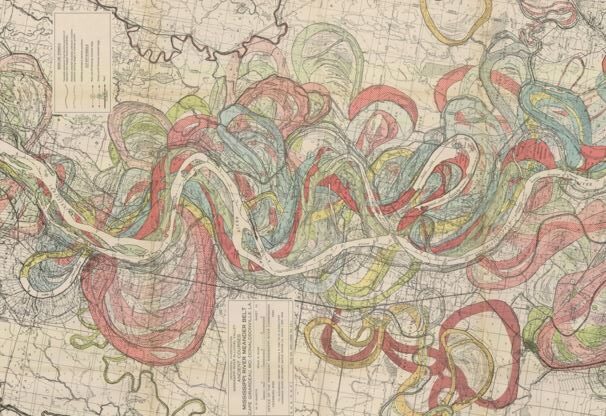
CRCl Lecture Series
The lecture series was conceived of as a new way to connect with supporters of coastal restoration, one that is both fun and interesting. Speakers will address a variety of topics that may or may not be directly related to coastal restoration.
09.5.24
Location: The Guru – Baton Rouge
An evening with Boyce Upholt, an acclaimed journalist, essayist and “nature critic” based in New Orleans. Boyce’s work delves into the intricate relationship between humans and the natural world, particularly in the U.S. South. His thought-provoking stories have graced the pages of The Atlantic, National Geographic, Oxford American, and Virginia Quarterly Review. Boyce’s latest book, The Great River: The Making and Unmaking of the Mississippi, offers a compelling exploration of one of America’s most iconic rivers. He is also the founder of Southlands, a newsletter and field guide dedicated to Southern nature.
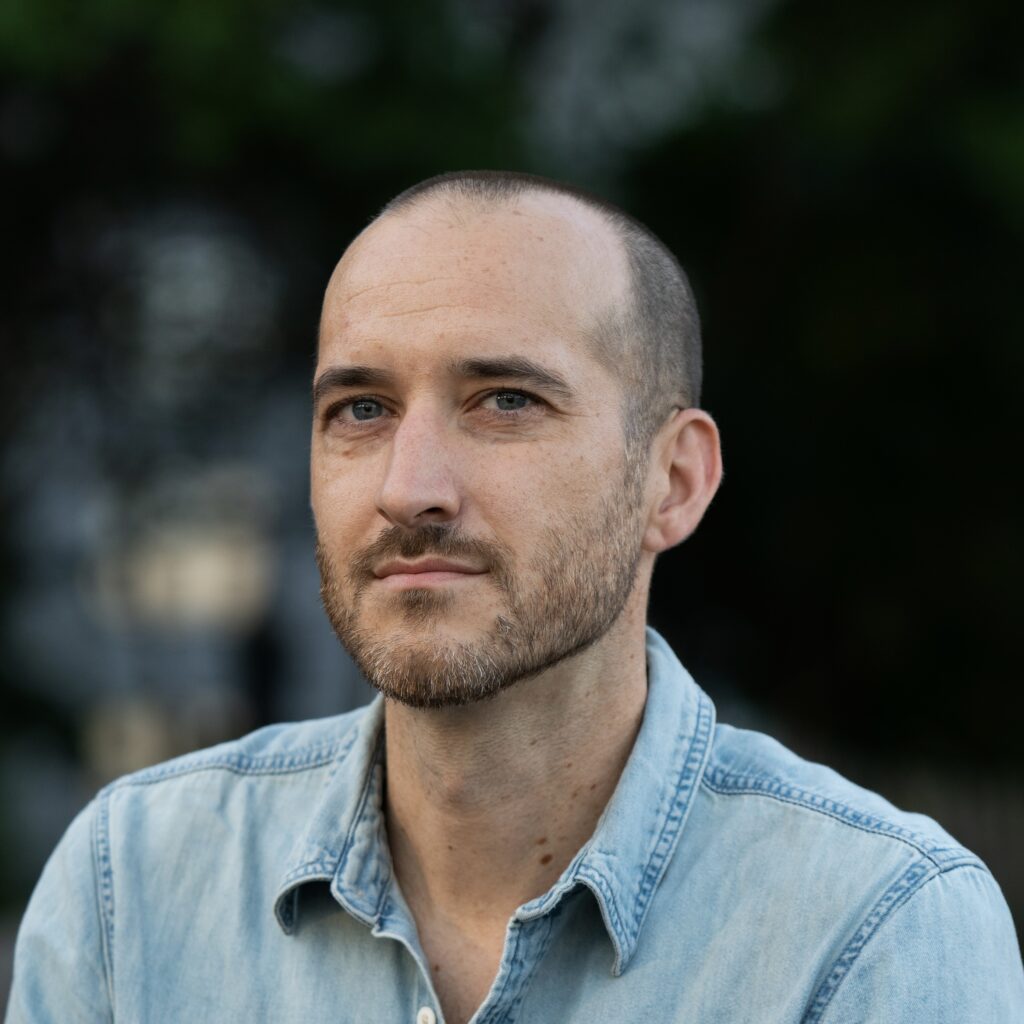
06.26.24
Location: Porgy’s Seafood Market – New Orleans
Analysis of Drought Events in the Lower Mississippi River
We gathered at Porgy’s Seafood Market for a CRCLectures series talk featuring Dr. Ehab Meselhe. Dr. Meselhe delved into the analysis of drought events in the Lower Mississippi River, offering insights from historical records and showcasing a newly developed, computationally efficient 3D model. Attendees discovered how this model sheds light on salt-wedge dynamics during droughts and explored the impacts of factors like increased water losses, channel deepening and sea level rise on wedge propagation.
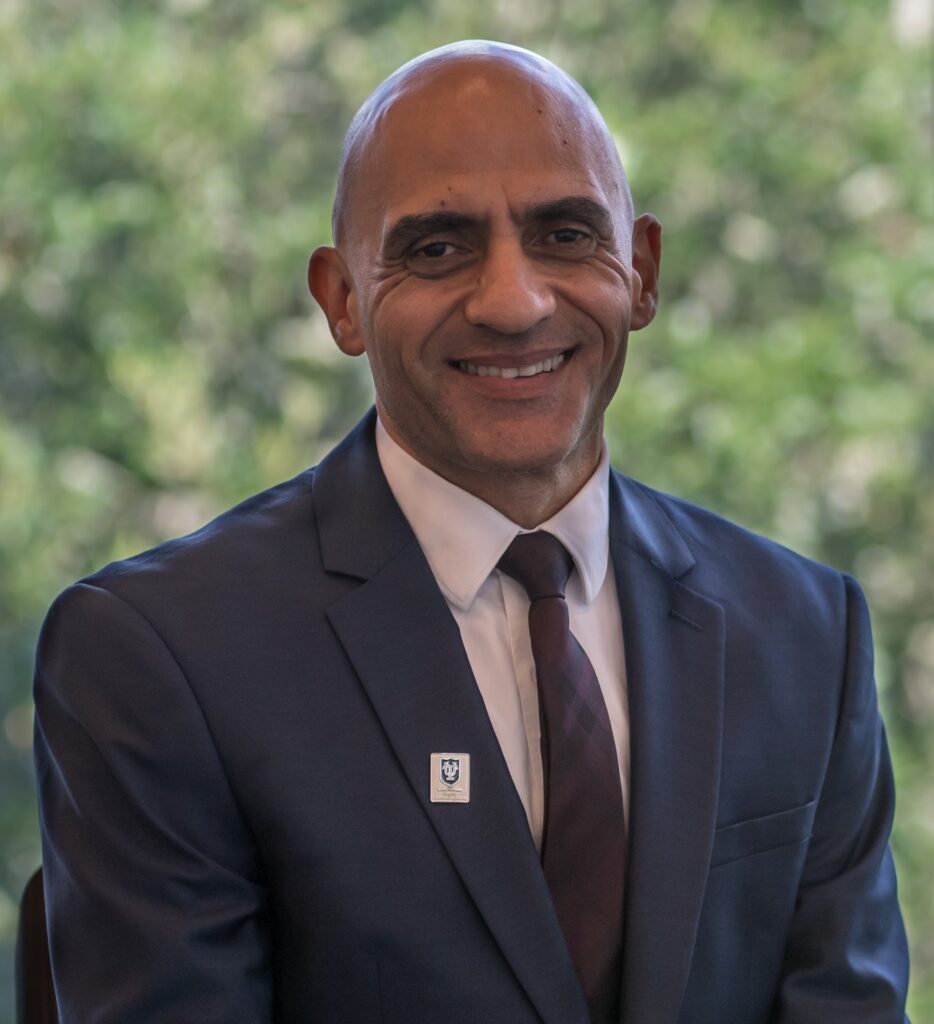
05.18.24
Location: Orvis in Baton Rouge
CRCL was excited to host this talk at Orvis in Baton Rouge on May 18 from 4:00 to 6:00 p.m. We kicked off the evening with a Coastal 101 presentation, followed by a discussion about upcoming restoration efforts. We were thrilled to be joined by Chris Macaluso, the Center for Marine Fisheries director for the Theodore Roosevelt Conservation Partnership.
Chris delved into the fascinating world of sport fishing, sharing insights and experiences from his extensive background in outdoor communication and conservation advocacy. As a lifelong Louisiana resident and avid angler, Chris brought a wealth of knowledge and passion to the topic.
Those who attended did not miss the opportunity to learn from a leading expert in the field and engage in insightful discussions about coastal restoration and sport fishing.
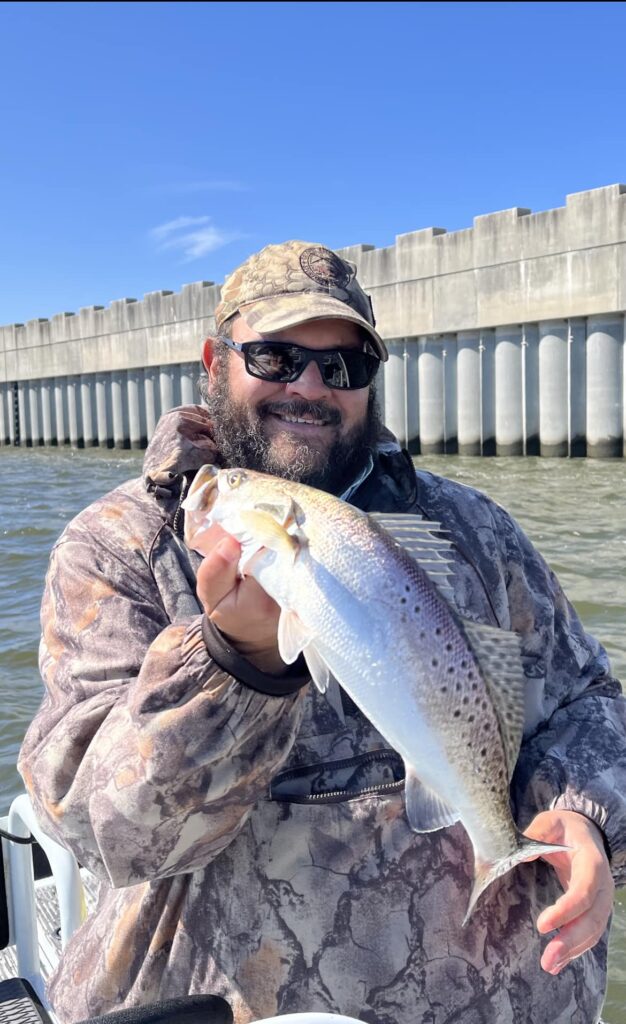
11.30.23
Location: CRCL’s office in Mid-City
New Orleans, restaurants and what’s ahead: a talk with Ian McNulty
It’s the topic we’re always talking about: New Orleans food and restaurants, what’s new, what’s, enduring, what’s next.


8.23.23
Location: Alex Beard Studio
New Orleans, LA
The impacts of heat extend beyond the temperature.
This presentation will discuss the weather impacts of heat to natural resources, reforestation efforts and public health heat-related concerns. We will explore the versatility of using hemp as a sustainable product for coastal restoration efforts, as an insulation product to create healthier homes and business and the conservations efforts of using the crop. Finally, we will provide tips on how to mitigate the effects of heat-related exposure.
Dr. Angela M Chalk is a fourth-generation 7th Ward resident. She is the founder and executive director of Healthy Community Services, a nonprofit organization in the 7th Ward of New Orleans. She is former president of the Louisiana Public Health Association and a retired Civil Service Employee with the Louisiana Department of Health.
4.18.23
We’re bringing our CRCLectures series to Houma, and you’re invited. The talk will be on the evening of April 18, 5:30 P.M. – 7 P.M. at the Waterlife Museum.
Author Mike Tidwell predicted in vivid detail the Katrina hurricane disaster in his award-winning 2003 book Bayou Farewell: The Rich Life and Tragic Death of Louisiana’s Cajun Coast (Pantheon/Vintage). Tidwell considers south Louisiana his second home after “boat hitchhiking” through the bayous, working as a deck hand on shrimp boats and crab boats and falling in love with the wetlands and Cajun culture. Tidwell is the author of five other books, including The Ravaging Tide, In the Mountains of Heaven, and The Ponds of Kalambayi. A former National Endowment for the Arts fellow, Tidwell has published his work in Audubon, National Geographic Traveler, Reader’s Digest, Washingtonian, and many other publications. His frequent articles for The Washington Post have earned him four Lowell Thomas Awards, the highest prize in American travel journalism. A passionate conservationist, he is founder and director of the Chesapeake Climate Action Network. He lives in Takoma Park, Maryland with his wife and their cat Macy Gray.

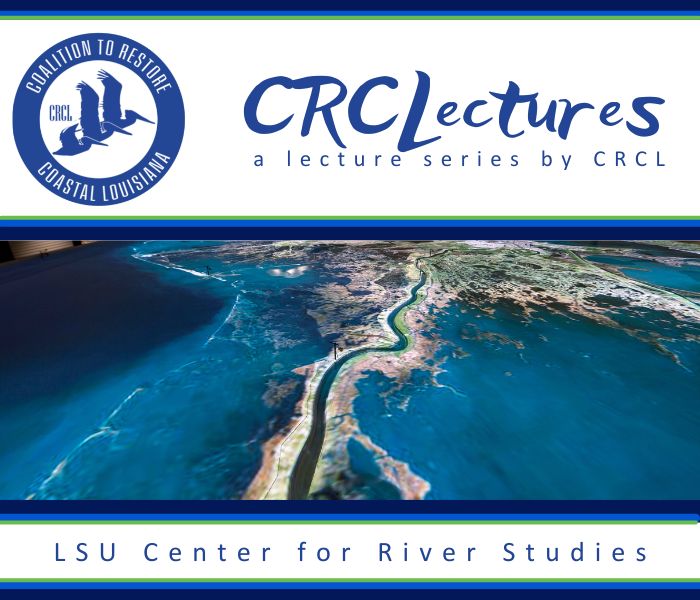
12.13.22
We’re bringing our CRCLectures series to Baton Rouge, and you’re invited. The talk will be on the afternoon of Dec. 13 at the LSU Center for River Studies on the Baton Rouge Water Campus. The center conducts research on the world’s great rivers, with a focus on the Mississippi River, and is home to one of the world’s largest movable bed physical models, the Lower Mississippi River Physical Model.
The event, like our first lecture, will include light snacks and refreshments. It will conclude with a tour of the river model, which is a must-see if you have not seen it already.
10.21.22
David Muth, the speaker for the first lecture, graduated with a degree in history from the University of New Orleans. He then worked at the National Park Service at Jean Lafitte National Historical Park and Preserve and as the Louisiana state director of the National Wildlife Federation. His talk will focus on how living in a delta means living with water, but we are still trying to patch together a system designed when the intention was to drain, fill and develop for agriculture and industry. The Louisiana Endowment for the Humanities is the sponsor of this Friday’s lecture. The Helis Foundation John Scott Center, which had its grand opening in September, is an interactive gathering space that fosters dialogue and cultivates community. Housed in Turners’ Hall, the Louisiana Endowment for the Humanities’ historic building in New Orleans’s central business and arts district, the center integrates arts and humanities programming unlike any other space in the Gulf South.

